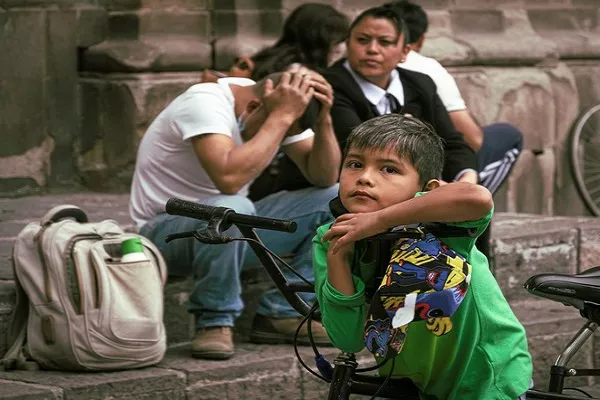A coalition of community-based organizations in Winnipeg is advocating for significant changes in the response to mental health-related calls.
The Police Accountability Coalition (PAC) has raised concerns about the effectiveness of the Alternative Response to Citizens in Crisis (ARCC) project, a collaboration between the Winnipeg police and Shared Health. PAC is urging both the City of Winnipeg and the Manitoba government to reconsider ongoing funding commitments to ARCC.
Kate Kehler, Executive Director of the Social Planning Council of Winnipeg, criticized the ARCC project, stating, “ARCC was tried, it was tried in good faith, but they did not do enough consultation… it presupposed that police must be the lead.” She also highlighted issues with the project’s pilot report, noting that success markers were set at notably low thresholds.
Abdikheir Ahmed, co-chair of the Police Accountability Coalition, emphasized the harmful consequences of police-led responses to individuals experiencing mental health crises. He argued that such responses often lead to unnecessary trauma and the criminalization of behavior driven by mental illness.
The tragic case of 19-year-old Afolabi Stephen Opaso, who was shot and killed by Winnipeg police during a mental health crisis, underscores the urgency for change. Opaso’s family and friends insist that better training and response protocols are needed for law enforcement when dealing with mental health crises.
Uche Nwankwo, representing AfriCans in South Winnipeg, emphasized that individuals with mental health issues require assistance and support, rather than lethal force.
The coalition is advocating for a civilian-led, community-based crisis response system that could be accessed through emergency lines such as 911 and 211. They point to Toronto’s model as a successful example, operating around the clock and responding to various mental health-related situations.
Ahmed highlighted the importance of community-based organizations in addressing mental health crises, noting their ability to approach individuals with care and humanity, grounded in the communities they serve.
Kate Kehler stressed the need for alternatives to the current approach, emphasizing that interventions should not always result in fatal outcomes. She highlighted the ongoing harm caused by authoritarian responses to individuals in crisis.
Ahmed shared his personal hesitations about calling 911 in a mental health emergency, reflecting concerns echoed by many in marginalized communities.
Manitoba Justice Minister Matt Wiebe expressed openness to collaboration with community groups and highlighted government initiatives aimed at addressing mental health issues, including the deployment of mental health workers.
Global News reached out to the Winnipeg Police Service for comment but has not received a response at the time of publication.





















